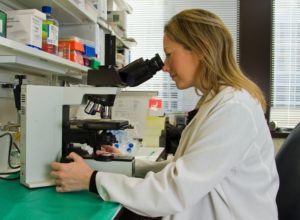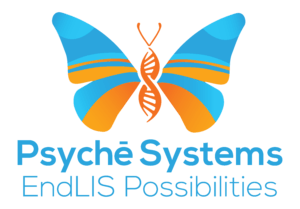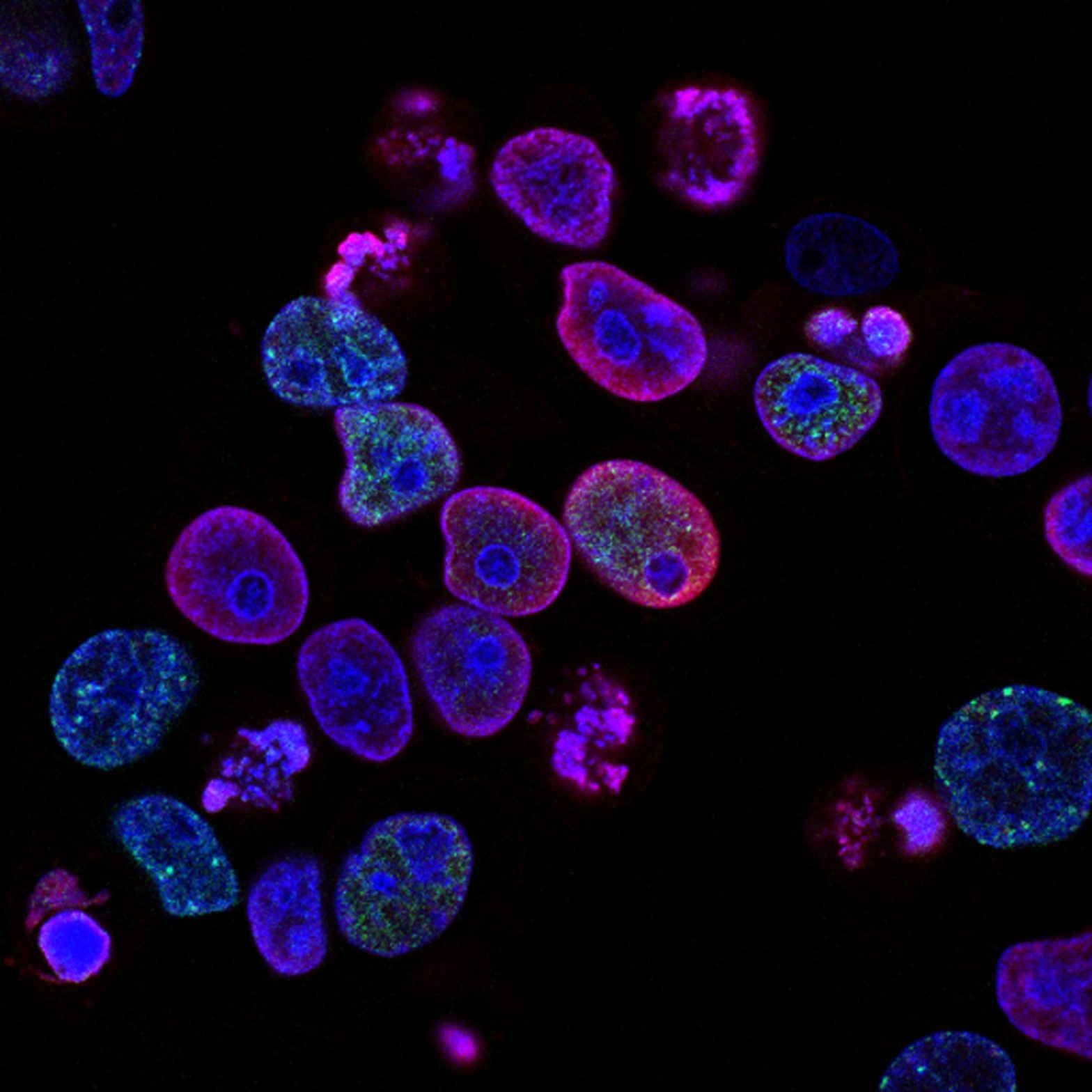Next-gen sequencing is a rapidly expanding field of study. Cytogenetics in the medical world is the buzzword for understanding the human body on many levels. Everyone is interested in learning even more about how people age. We seek to understand natural aging patterns and what we can do to slow the aging process. Science is the only place medical research can turn to learn about how aging works. Through the study of cytogenetics, we are now learning more than ever about how our genetics work together with the natural aging process.
As a result, the next-gen sequencing work of dedicated doctors, scientists, and biologists from all walks of life brings to light vital new information. This information could improve people’s lifespans, increase life quality, and help save lives in dire situations. Psychē Medical Laboratory Software is here to help do our part to connect the medical world with the proper resources. With us behind some of the most successful medical practices, labs, and procedures today, so much more can be unearthed within the study of cytogenetics.
What is Cytogenetics?
First, let’s make sure we understand exactly what cytogenetics is. Cytogenetics is a branch of the more extensive study of genetics. It is a field of study that overlaps with many other areas, including cell biology, cytology, and the overarching branch of biology in general. This particular area is focused on human chromosomes and cell behavior. In other words, cytogenetics wants to understand how cells work. It examines why cells perform specific functions in the human body. One substantial area of cytogenetics is cell behavior during mitosis and meiosis.
Basic Overview of Cytogenetic Techniques and Applications
If we wanted to get into more detail, we would discuss some of the techniques and studies that cytogenetics uses to gather this information. Karyotyping and analysis of G-banded chromosomes are popular cytogenetic banding techniques used in many labs across the country. Molecular cytogenetics is also standard, including the use of comparative genomic hybridization – CGH for short. We won’t observe each of these in-depth, but we will take a quick overview of their importance and purposes.
Potential Impact of Studying Cytogenetics and Human Aging
When it comes to human aging, there is still much to be learned. Scientists learn more every year by studying cytogenetics and other related fields. Psychē Medical Laboratory Software is here to provide the latest technology in laboratory software to help the medical world expand its knowledge about aging.
Human aging appears to be a delicate combination of each individual’s genetic programming and environmental factors. In other words, your genetics dictate your natural aging processes. The other factors depend on your life choices, environment, and surroundings. Most aging happens at the cellular level, which makes it even harder to study without reliable laboratory systems in place.

Biomarkers of Aging and Next-Gen Sequencing
To keep things in simpler terms, when studying cytogenetics, scientists and leading professionals in the medical field begin to notice signs of aging. These early aging signs on the cellular level become known as biomarkers and can tell medical experts a lot about how we age. DNA errors may also be noticed on this level, indicating early aging factors and damage to human cells. As a result, the medical world is discovering that chromosome aberrations and other bio-markers are a natural function of the human aging process.
Enter Next-Gen Sequencing
Now let’s bring in the element of next-gen sequencing. Next-gen sequencing refers to fragmenting DNA and RNA into multiple pieces to reassemble it in genomic sequences. This is where cytogenetics can play a crucial role in studying human aging. They can utilize next-gen sequencing to improve people’s quality of life. The science might not be at that level yet. However, there is hope that these studies and next-gen sequencing can increase life spans drastically.
Learn More About Next-Gen Sequencing
If you are ready to learn even more about what cytogenetics means concerning the human aging process, then look no further. Psychē Medical Laboratory Software systems use state-of-the-art technology and information to dive deeply into next-gen sequencing. With cytogenetics growing every day to understand how we age on a cellular level, there is always room for new labs with reliable software systems.
With Psychē Medical Laboratory Software by your side, you will always have the latest insights into all the inner workings of the medical laboratory world. We are one of the nation’s leading medical software companies. We assist labs all across the country to help others. Our mission is to make the world a healthier place for all. Give us a call today at 508-422-0157 or visit our website to learn even more about our services, products, and helpful blog insights.

